Tsigereda Meleskachew (BA, MPH)
TPLF’s attack against ENDF’s Northern Command, which overwhelming majority of Ethiopians considered an act of betrayal, has attracted the interest of the global community. As such, it is not surprising that the conflict in North Ethiopia’s Tigray region has already been a leading story across many international media outlets.
One thing that is also apparent to see is that some experts of the region’s politics, former and current correspondents from the Horn of Africa, scholars and even graduate students studying the region are busy to exploit the unfortunate conflict in Ethiopia as an opportunity to promote their expertise.
Sadly, considerable number of individuals acting as experts of the region in general and Ethiopia in particular have also been embarrassingly biased and openly contributing to the disinformation campaign led by the TPLF.
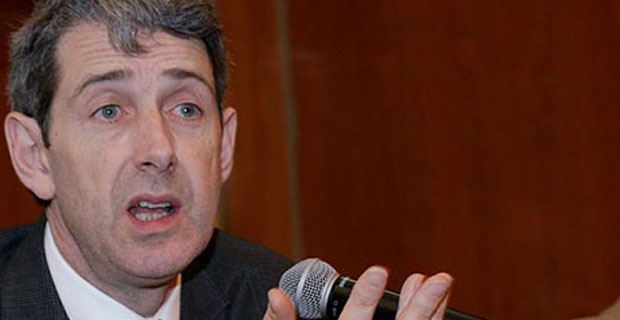
Professor Alex De Waal, a respected researcher from Tufts University, is one of such individuals who chose to spread false narratives as he bids to save the face of his friends in the TPLF. The problem is not that Alex De Waal has friends amongst TPLF leaders. In fact, anyone who is in pursuit of knowledge or a journalist in search of good reporting could even sit with terrorists.
The problem is when the rebels mold the researcher to become their advocate and lobbyist; and when they transform the journalist as the agent of their disinformation campaign.
Sadly, Professor Alex De Waal has now joined TPLF’s disinformation against the federal government. But why is that? How is it possible that an intellectual of De Waal’s level elected to side with a rebel that just massacred well over 600 ethnic Amhara Ethiopians?
The answer is not that complicated.
Alex De Waal admires former Ethiopian dictator, Meles Zenawi, who also led TPLF for almost the entirety of his adult life until his death in 2012.
For example, just look at a paragraph from a lengthy article the professor published with African Affairs in 2013:
“As Meles crossed the border back into Ethiopia, I met him for the first time, and we began the first of our seminars on political economy. As dusk fell, still recuperating in his pyjamas, Comrade Meles climbed aboard a creaky Soviet Zil truck, captured from the Ethiopian army. All travel was at night, to avoid the MiGs, and we bumped our way along rocky tracks, first through the forested lowlands, camping out during daylight hours under trees next to a dry riverbed. Such was the itinerant life of the TPLF leadership. The next night our truck rumbled up a road cut through the mountainside by the guerrillas, with hairpins so tight that our truck had to make three-point turns. We spent the next day in caves at the TPLF’s temporary headquarters in a mountain called Dejena, and the next nightfall I watched as an apparently uninhabited hillside gave forth a battalion of men, a dozen trucks and a tank, all of them completely obscured by camouflage until that moment. The TPLF had turned concealment into science.”
Such an intimate friendship and adventure with a rebel leader turned a tyrant until his death has indeed made Alex De Waal a devout of Zenawi and a life long supporter of TPLF, the most corrupt and cruel organization that Zenawi left behind to ruin Ethiopia.
Alex De Waal’s recent commentary
In a short piece for BBC on Nov. 15, Alex De Waal states that “Ethiopia is spiraling out of control…” and that the situation, “is threatening to rip the country apart”. And continues with baseless accusations against the current Ethiopian Prime Minister, which is a very sharp contrast to the love and affection De Waal showed to Meles Zenawi.
Moreover, with regards to the conflict’s onset and who takes responsibility, the professor states that, “until there is an independent investigation, the rival stories remain allegations”.
Sadly for De Waal, TPLF has admitted starting the conflict after waging, “thunderous, sudden, and preemptive attacks” against the ENDF.
But who cares, right? Alex De Waal continued with his disinformation campaign designed to help TPLF.
The question is how is he helping?
TPLF has been spreading lies after lies regarding the involvement of the UAE drones and of course Eritrean soldiers to aid ENDF’s operation against TPLF rebels.
So who returns mere 3 days after his published opinion piece on BBC? Yes, Alex De Waal. In a piece written for Africa Arguments, the professor claims,
“Ten years ago the then-Prime Minister of Ethiopia, Meles Zenawi told me, “my nightmare is that we should have an Egyptian agenda financed by Gulf money.” He didn’t foresee state-of-the-art military technology as part of that nightmare.”
By claiming that he already had the above conversation with Meles, he acts as though he regrets that Meles did not know that this (gulf military aid to Ethiopia?) was coming. This is quite the low road for Alex De Waal. He then argues that the drones are indeed coming from UAE’s base in Assab, Eritrea.
Not only that. The professor somehow mixes up this current situation in North Ethiopia with that of President Trump’s recent inane comment about the Grand Ethiopian Renaissance Dam.
This is just Alex De Waal’s disinformation and faulty analysis at its best. What is amusing is that, the expert later states,
“Let me reiterate: I am not assigning culpability or direct involvement to either of these countries.”
This is sad. He already said it, but then comes and claims he did not. Just laughable.
Lastly, Alex De Waal somehow states the exact words of what Mr. Getachew Reda, TPLF’s spokesperson just said two days ago in Amharic.
De Waal echoes Reda’s words as,
“Prime Minister Abiy Ahmed was perhaps a little naïve, to say the least, in embracing Pres. Isseyas as his security policy mentor.”
Is this a coincidence? I doubt it is. But this is yet another example of a western scholar’s bias that aims against a sovereign country of Ethiopia’s size and influence.
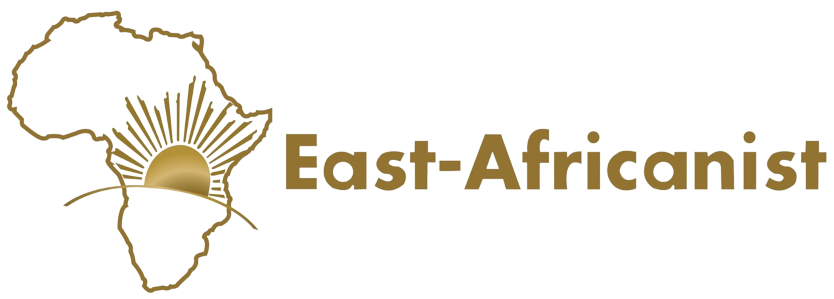
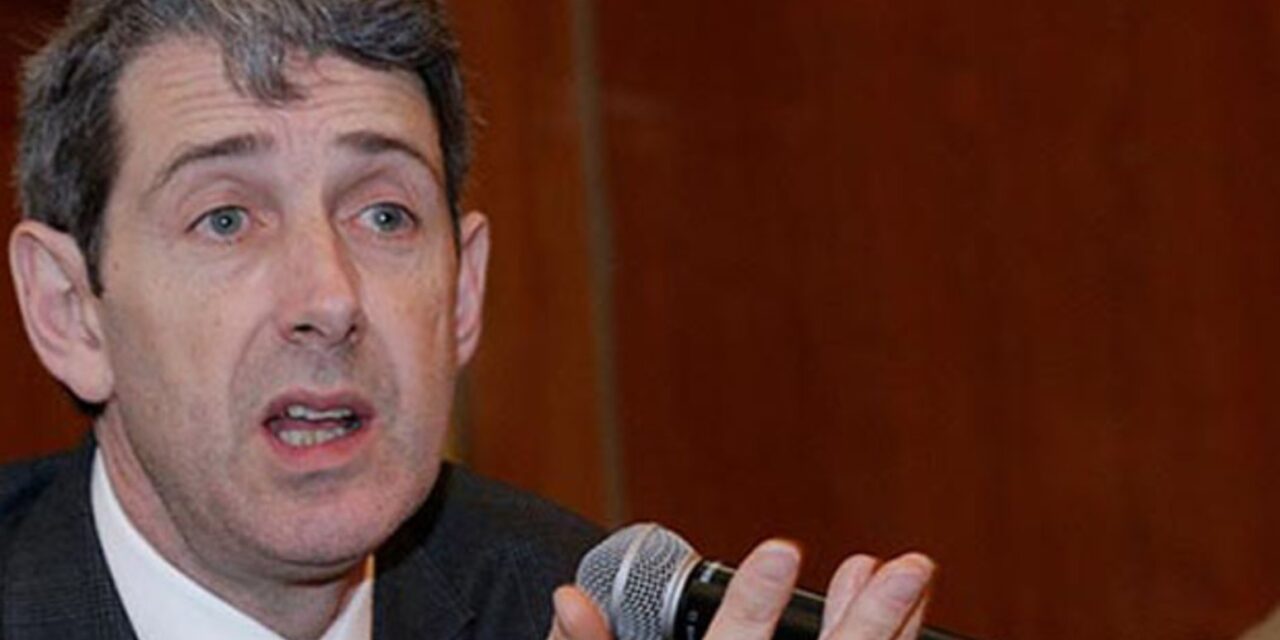
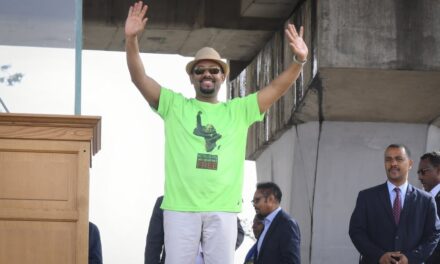
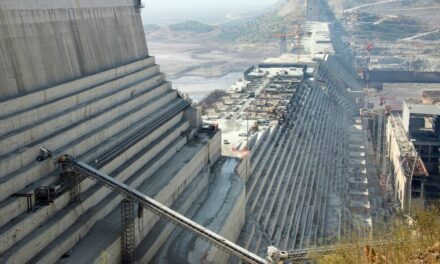
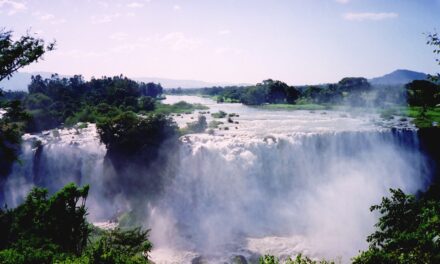
Alex De Waal is just another mouth piece of the TPLF. It’s not surprising to see such ill wishers to Ethiopia. They have their own agenda, hidden for the fools, but very clear for us Ethiopians. Anyways, thank you for exposing his true image.
Thank you.Pleas send this to the BBC and the Guardian in UK
Frank Rispin
Alex is being intellectually dishonest by pretending to be an independent expert. Alex is known to be working for Zenawi way back, while on the payroll of the UN in Addis. Yes, he does know the TPLF and the region. Independent he is not!